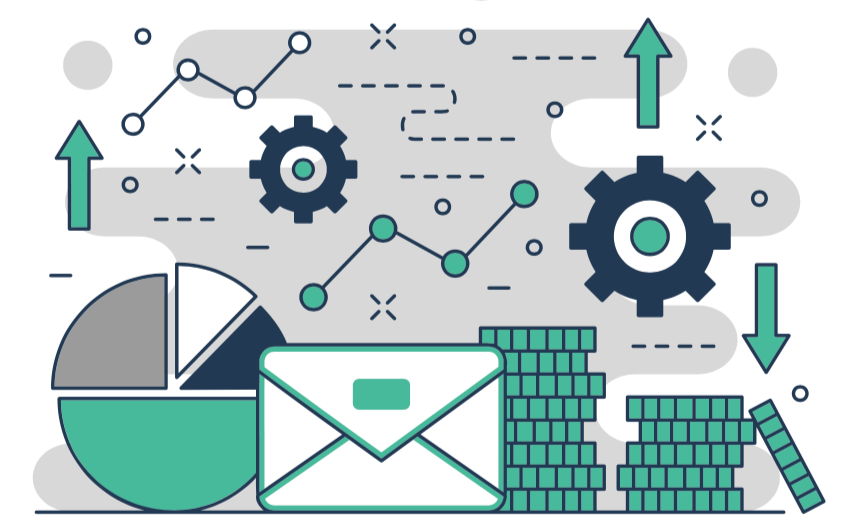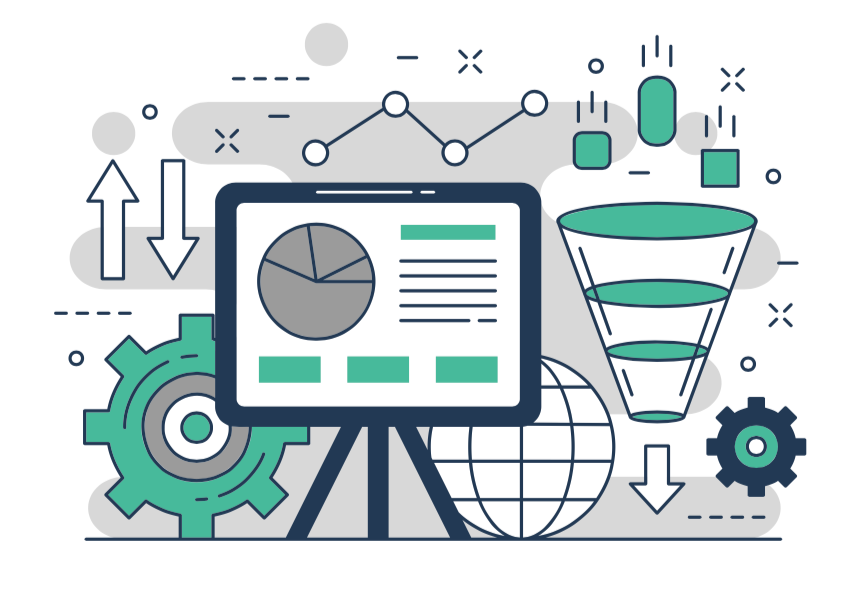The data related to e-commerce has been increasing every single day by the rise of e-commerce. This data can include information about customer behavior, sales patterns, and inventory levels, among other things. In order to compete in today’s fast-paced e-commerce market, businesses need to be able to use this data effectively to make better business decisions. In this blog post, we will explore the importance of data analytics in e-commerce and provide some tips on how to use data to make better business decisions.
Why Data Analytics is Important in E-commerce
Data analytics is the process of collecting, analyzing, and interpreting large sets of data to gain insights and make informed decisions. In e-commerce, data analytics can help businesses in several ways:
- Understand Customer Behavior: By analyzing data on customer behavior, such as purchase history and browsing patterns, businesses can gain insights into what customers want and how they interact with their website. The data can be used easily to improve the UX, optimize products, defining marketing strategies, understands customers in every customer segments.
- Optimize Inventory Management: By analyzing data on sales patterns and inventory levels, businesses can better understand which products are selling well and which are not. This can be significantly vital to manage inventory levels, reduce waste, and know that top-selling products are always in stock.
- Improve Marketing Effectiveness: By analyzing data on marketing campaigns, businesses can gain valuable insights about what really works. The insight can be used to manage marketing spend, establish solid targeting, and increase CR (conversion Rate).
- Make Better Business Decisions: By analyzing data on various aspects of their business, such as sales, marketing, and inventory, businesses can gain a better understanding of their performance and make more informed decisions about how to grow and improve their business.

Tips for Using Data to Make Better and Informed Decisions
Now that we understand the importance of data analytics in e-commerce, let’s take a look at some tips;
- Collect Relevant Data: In order to use data effectively, businesses need to collect the right data. This means identifying the key metrics that are most relevant to your business and ensuring that you have systems in place to capture this data.
- Use Data Visualization Tools: Data visualization tools (Charts, graphs etc.) can help you to understand and take action on the data. These tools can make it easier to identify trends and patterns, and to share insights with other members of the team.
- Monitor Key Metrics: Once you have identified the key metrics that are most relevant to your business, it’s important to monitor these metrics on a regular basis. This can help you to know what you have to change and what goes well in real-time.
- Use A/B Testing: A/B testing is a great method of comparing two versions to identify which one performs, works or engages better. By using A/B testing, businesses can gain insights into what works and what doesn’t, and use this information to optimize their campaigns for maximum effectiveness.
- Hire Data Analysts: If your business is large enough, it may be worthwhile to hire a dedicated data analyst or team of analysts to help you make sense of your data. These analysts can help you identify trends, patterns, and insights that you might otherwise miss, and can provide valuable guidance on how to use data to make better business decisions.

Conclusion
In today’s fast-paced e-commerce market, businesses need to be able to use data effectively to make better business decisions. By collecting relevant data, using data visualization tools, monitoring key metrics, using A/B testing, and hiring data analysts, businesses can gain insights into customer behavior, optimize inventory management, improve marketing effectiveness, and make better overall business decisions. By taking advantage of the power of data analytics, e-commerce businesses can stay ahead of the competition and continue to grow and improve their business over time.
However, it’s important to note that using data effectively can be a complex and challenging process. It requires not only the right tools and systems in place, but also a strong understanding of the data itself and how to interpret it. This is why it can be valuable to work with experts in the field, such as data analysts or consultants, who can provide guidance and support as you work to implement data-driven decision-making in your e-commerce business.
Overall, the importance of data analytics in e-commerce cannot be overstated. By using data effectively, businesses can gain a deeper understanding of their customers, optimize their inventory and marketing efforts, and make better business decisions overall. Whether you’re just starting out in the e-commerce space or are a seasoned veteran, taking a data-driven approach can help you stay competitive and achieve long-term success.

